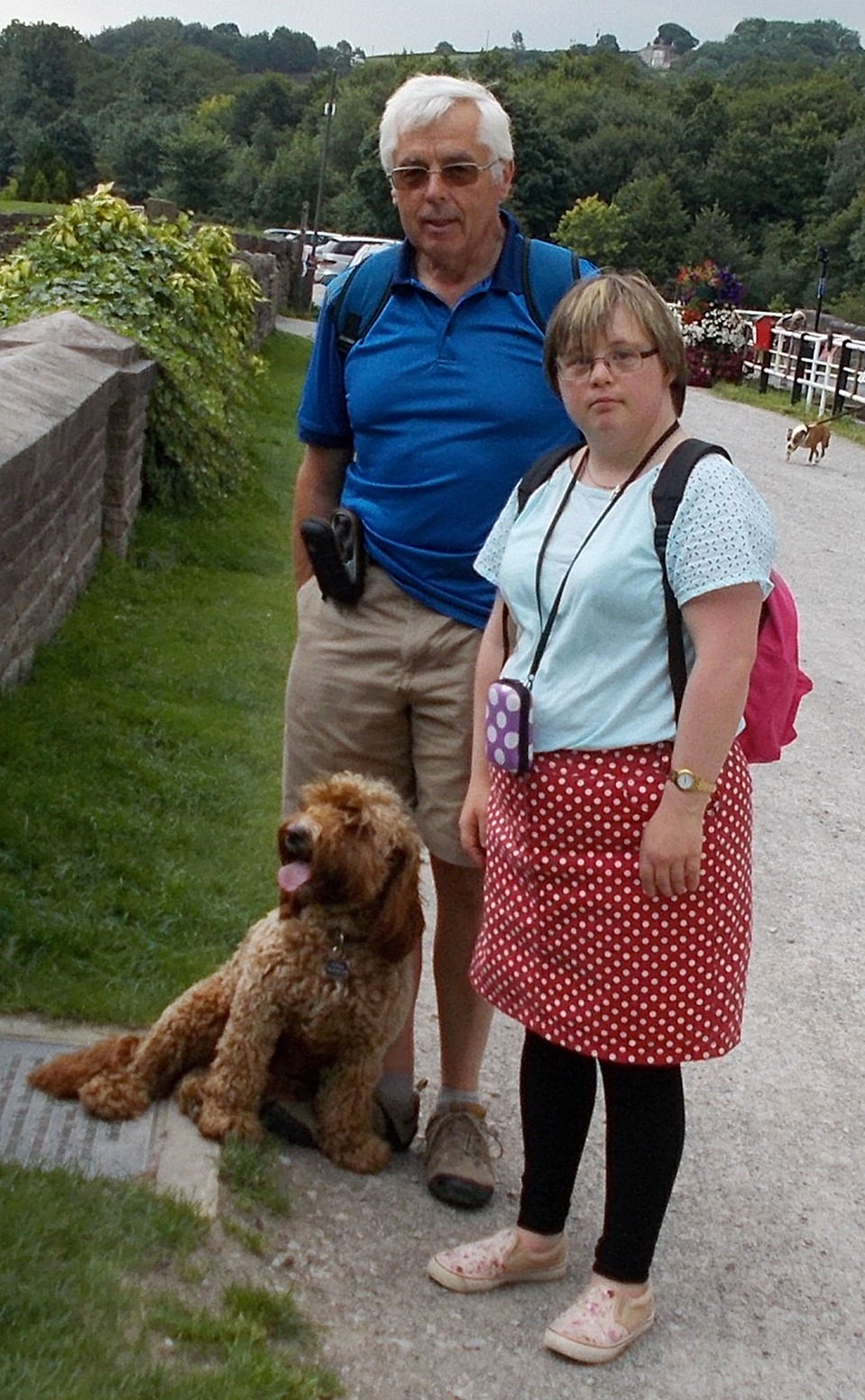
- Should people with Downs Syndrome be valued?
- Should parents be provided with full information about the support available and the future prospects of those with Downs Syndrome?
- Should parents who have been told their unborn child has Down's Syndrome be given "comprehensive, unbiased information"?
These questions were asked at the February session of General Synod in the final debate Valuing people with Down's Syndrome, in a motion moved by Bishop of Carlisle James Newcome, calling on the Government to ensure that parents who have been told their unborn child has Down's Syndrome will be given "comprehensive, unbiased information" (the motion and amendments can be read here) and it came with a very useful background paper.
Bishop James said that the motion was "definitely not an attempt to tell women what they should do when faced with a desperately difficult personal decision". He said that it was "a call for love". "We are not telling people what to decide - but we do want the decisions that are made to be properly informed, and we don't want Down's Syndrome to be automatically presented as 'bad news'."
I had submitted a request to speak during the debate, which would have been my Maiden Speech, but on this occasion, I was not called. Here are some reflections...

Our story
"30 years ago, I was present at the birth of our daughter Sarah, who was born by caesarean section. After a while, I was asked to go the relatives room, the medical staff came in and asked if I had noticed something about her. Yes, I had noticed a slight difference to her face compared to our other daughters. Well that is because she has Downs Syndrome and we see by the notes that no tests were done Why? Because it was our choice and we would accept any child born to us no matter what.
"The obstetrician visited my wife and as he left the ward she heard him make a comment to another member of staff that is why all women should be tested as if there was something wrong with having a child with Downs Syndrome.
"On the Sunday, after Sarah had been born, the priest at our church told the congregation we had had another daughter and that God had given the gift of a special child to special parents because she has Downs Syndrome.
"Sarah was accepted into our local community and church from the outset, the fact that we have older children and still had to do the school run and other activities helped with this.
"Her attending church with us was just a normal part of family life and we do not recall any issues even when visiting different churches while on holidays. She was prepared for confirmation when she was 11 and has been a regular communicant since then. Even if her understanding is limited she always shows great reverence and respect for the Blessed Sacrament.
"Sarah was educated in a mainstream setting and attended our local church secondary school where she was treated with care and respect by staff and pupils. After a course at a training centre, we turned to the then Headteacher, at that secondary school, for advice for a placement for her. He agreed for her to work in the school office for two days a week where she has been made to feel valued being able to call staff by their Christian name was a highlight! She still volunteers there for two mornings, currently supporting the English department. We would prefer it to be paid employment, but to her, it is work and so she feels like her sisters.
"Sarah has also achieved in Special Olympics sport doing gymnastics and swimming. She has attended both National Games, representing the West Midlands, and World Games, representing Great Britain, and through this movement has been given many opportunities and experiences.
"Her life is we believe fulfilling and she feels valued. She even tells people that she is Special because she has an extra Chromosome.
"She takes her duties in our church very seriously acting as a sidesperson and welcomer, being part of the Offertory party and serving tea and coffee after Mass and she will always make sure other people know what they are doing and that they do things correctly.
"I think she is proof that people with Downs Syndrome can and do live fulfilling lives, the problems and difficulties are with the lack of support and opportunities available for them and all people with a Learning Disability. Parents and carers do constantly have to fight for support but that is Societys fault not the fault of the person with the disability.
"As usual, the media is not good at telling good news stories, so it is the negative headlines that people see when faced with considering the outcome of a diagnosis. We need and should find ways to promote the positive aspects of people with Downs Syndrome. God gives the gift of a special person."
And the answer to the 3 questions at the beginning is - YES. The motion was backed unanimously by 284 members of the Synod.
Robin Whitehouse
General Synod Laity